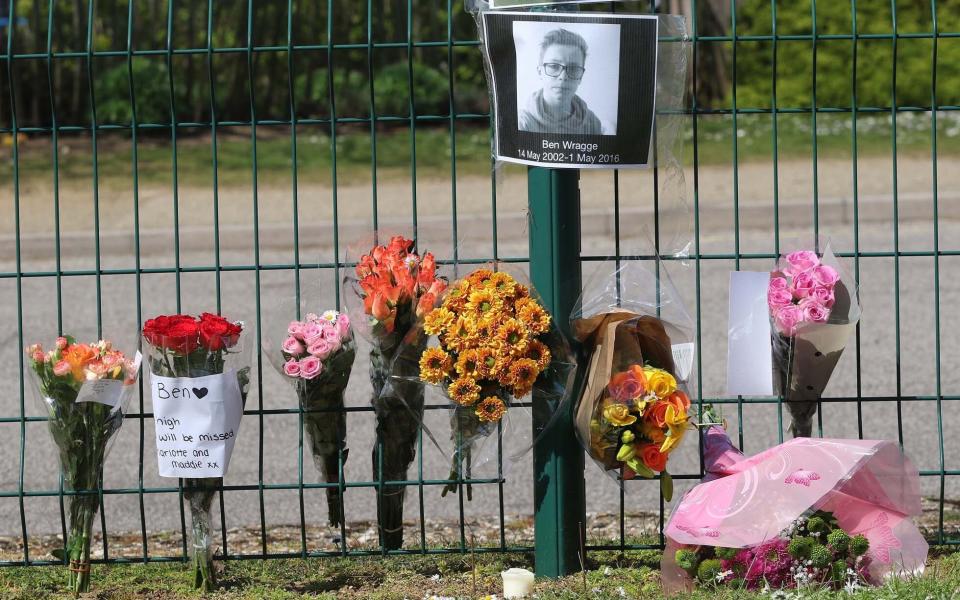Crackdown on teenage air gun use sparks rural backlash

Teenagers under the age of 18 will be banned from using air guns without adult supervision, raising fears in rural areas that they could miss out on learning vital shooting skills needed to control vermin.
Kit Malthouse, the policing minister, announced plans to scrap the exemption that allows children aged 14 to 18 to use the weapons on private land or premises without being supervised.
Mr Malthouse also proposed a new offence which would make it illegal to fail to lock up an air weapon and its ammunition separately when it is not in use and in a house where there are under-18s.
However, he stopped short of introducing a licensing system for air guns that would have put them on a par with other firearms after a backlash by rural groups and more than 1,600 people who use the weapons.
Bill Harriman, the director for firearms at the British Association for Shooting and Conservation (BASC), welcomed the decision not to license air guns, which he said would have been "unworkable and over-burdensome".
However, he said it was now important that the Government ensured the regulations were not disproportionate and were evidence-led so that "the views of the legitimate shooting community are recognised".
The BASC was among seven national bodies representing shooting interests which opposed any further regulation, arguing that it could constrain the ability to teach young people how to safely use guns, restricting the capability of farmers and landowners to control vermin.
"Pest control is where air guns are extremely important. They can be used in areas where other guns cannot and are incredibly accurate and silent," said a BASC spokesman. "You can’t teach a child how to shoot using a 12-bore or a powerful rifle. Air rifles are the way to do that because they are not too powerful or too overwhelming."
Home Office documents show that nearly all the 1,600 shooters who responded to the Government's consultation "opposed any tightening of the regulations governing air weapons", arguing for education and tougher enforcement of the current law.
It put them at odds with animal welfare charities and public campaigns, who reported a high number of air weapon attacks on pets, particularly cats, and other animals, and called for a licensing regime.
The Home Office review of the law followed the death of Ben Wragge, 13, who was killed in 2016 when an air rifle was accidentally discharged by his friend as they played in the garden and the pellet hit him in the neck.

Mr Malthouse said: "Our gun laws are among the toughest in the world – we are determined to ensure they stay this way to keep the public safe. These measures will tighten controls on air weapons and minimise the risk of tragic accidents, which have devastated families in the past."
The proposed changes were backed by the National Police Chiefs' Council, although official figures show that air weapon offences have fallen by 50 per cent in a decade to 3,028 in 2018-19. They are rarely used in serious crime, and two-thirds involve criminal damage.
There were two fatal injuries, 27 serious injuries, and 233 minor injuries in offences involving air weapons in the year to March 2019, half the number of a decade ago, according to police data.
Young people aged 10-19 were victims of 27 per cent of air weapon offences, although they make up only 12 per cent of the population. Home Office research suggested there had been at least 25 deaths caused by air weapon shootings in Britain since 2005, of which 12 were under 18.


